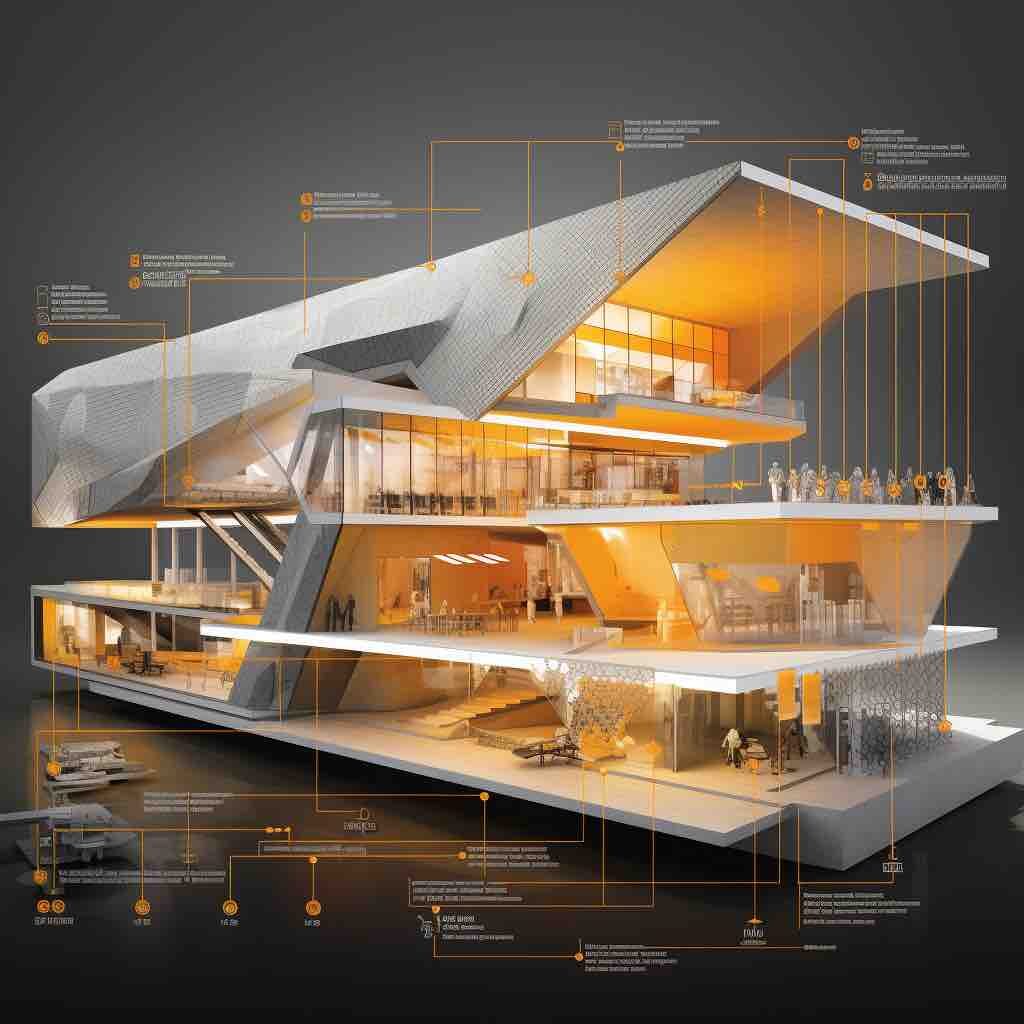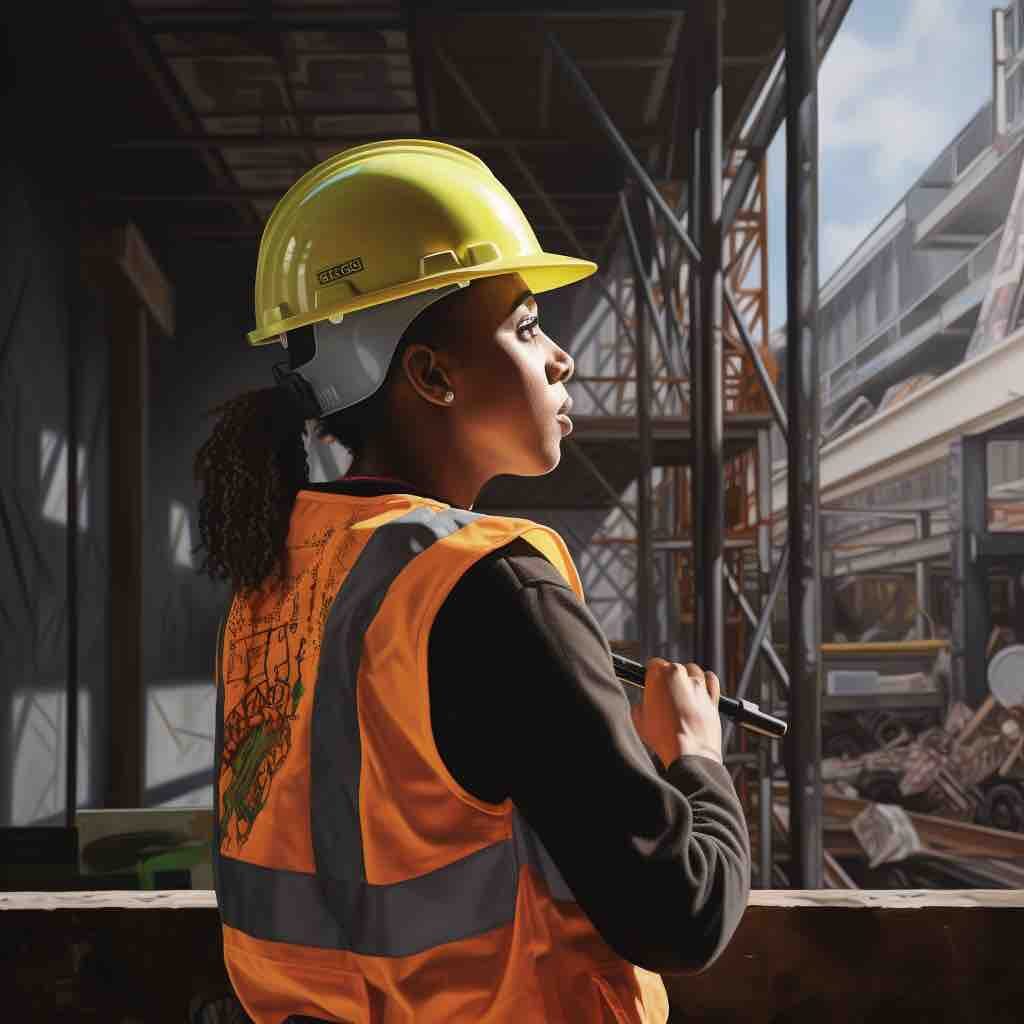Will the role of an architect still exist by the time i graduate?
If you are passionate about architecture but have concerns about the future availability of the profession, there are several paths you can consider. Here are a few alternative options to explore:
1. Embrace Technology and Specialise: While certain aspects of architecture may be automated or enhanced by technology, there will still be a need for professionals who can leverage these tools effectively. Consider specialising in areas where human expertise is crucial, such as sustainable design, parametric modeling, virtual reality (VR), or building information modeling (BIM). By becoming an expert in these fields, you can stay at the forefront of architectural practice and adapt to changing industry demands.

2. Architectural Visualization and Rendering: With the rise of virtual reality, augmented reality, and advanced rendering techniques, there is an increasing demand for professionals who can create immersive visualisations and realistic architectural representations. You can focus on developing skills in architectural visualisation, 3D modeling, or rendering, and provide specialised services to architects, developers, or marketing agencies.

3. Urban Planning and Design: Explore opportunities in urban planning and design, which involve shaping cities and communities to meet the evolving needs of society. Urban planners work on larger-scale projects, including city development, transportation planning, and sustainable urban design. This field complements architecture and offers a broader perspective on the built environment.

4. Construction Management: Consider a career in construction management, where you oversee the planning, coordination, and execution of construction projects. With your architectural background, you can bring a unique perspective to managing the construction process, ensuring that designs are implemented accurately and efficiently. This path allows you to be involved in the realization of architectural projects while expanding your skill set.

5. Design-Related Industries: Architecture equips you with transferable skills that can be applied to other design-related industries. Explore opportunities in interior design, industrial design, exhibition design, or set design for film and television. Your architectural training can provide a strong foundation for branching out into these creative fields.

6. Entrepreneurship: Consider starting your own design-related business or consultancy. This can allow you to pursue your passion for architecture while having more control over the type of projects you undertake. It requires entrepreneurial skills, but it can provide you with the freedom to shape your own career and explore innovative approaches within the industry.

Remember, as technology advances, new opportunities and career paths emerge. Stay adaptable, continue learning, and seek out additional skills and knowledge to stay competitive. Networking, internships, and industry events can also provide valuable insights and connections. Ultimately, following your passion while being open to new possibilities will guide you towards a fulfilling career, even in a changing professional landscape.